|
How do you deal with cancer? What do you say and what do you want to hear? When you are the patient and when you are a dear one? Do you cling on or let go? Do you deny or accept? This is how Reacher's mother and her two sons (Jack and Joe) spoke about her impending death. In what is probably a goodbye meeting with her sons, she talks about her cancer that is about to take her away. It is not an easy conversation. Yet, it is just the kind of "death literacy" conversation that Dr M R Rajagopal advocates. This was written some years ago, soon after I finished reading Lee Child's book, The Enemy. After I recently watched the Amazon series on Jack Reacher, I revisited the blog. I have extracted what is relevant to this post and introduced subheads. The text I have added is in italics or within square brackets. Thank you, Lee, for permission to use this very real and touching part of your exciting work. After hearing from her doctor that she was dying, Jack Reacher and his brother Joe are in Paris to meet their mother. They know something is wrong, they know about an accident. This description is in Jack’s words. We heard slow shuffling steps inside the apartment and a long moment later my mother opened the door. She was very thin and very grey and very stooped and she looked about a hundred years older than the last time I had seen her. She had a long heavy plaster cast on her left leg and she was leaning on an aluminium walker. Her hands were gripping it hard and I could see bones and veins and tendons standing out. She was trembling. Her skin looked translucent. Only her eyes were the same as I remembered them. They were blue and merry and filled with amusement. ‘My boys,’ she said. ‘Just look at the two of you.’ She spoke slowly and breathlessly but she was smiling a happy smile. We stepped up and hugged her. She felt cold and frail and insubstantial. She felt like she weighed less than her aluminium walker. She turned the walker around with short clumsy movements and shuffled back through the hallway. She was panting and wheezing. I stepped in after her. Joe closed the door and followed me. My mother made her way to a sofa and backed up to it slowly and dropped herself into it. She seemed to disappear in its depth. ‘What happened?’ I asked again. She wouldn’t answer. She just waved the enquiry away with an impatient movement of her hand. Joe and I sat down, side by side. ‘You’re going to have to tell us,” I said. ‘We came all this way,’ Joe said. ‘I thought you were just visiting,’ she said. ‘No, you didn’t,’ I said. They find outShe had broken her leg when a car hit her. Then the X-ray revealed that she had cancer. Nobody spoke for a long time. ‘But you already knew,’ I said. She smiled at me, like she always did. ‘Yes, darling,’ she said. ‘I already knew.’ ‘For how long?’ ‘For a year,’ she said. Nobody spoke. ‘What sort of cancer?’ Joe said. ‘Every sort there is, now.’ ‘Is it treatable?’ She just shook her head. ‘Was it treatable?’ ‘I don’t know,’ she said. ‘I didn’t ask.’ ‘What were the symptoms?’ ‘I had stomach aches. I had no appetite.’ ‘Then it spread?’ ‘Now I hurt all over. It’s in my bones. And this stupid leg doesn’t help.’ ‘Why didn’t you tell us?’ She shrugged. Gallic, feminine, obstinate. ‘What was to tell?’ she said. ‘Why didn’t you go to the doctor?’ She didn’t answer for a time. ‘I’m tired,’ she said. ‘Of what?’ Joe said. ‘Life?’ She smiled. ‘No, Joe. I mean I’m tired. It’s late and I need to go to bed, is what I mean. We’ll talk some more tomorrow. I promise. Don’t let’s have a lot of fuss now.’ We let her go to bed. We had to. We had no choice. She was the most stubborn woman imaginable. She's only sixtyThe two brothers found her refrigerator “stocked with the kind of things that wouldn’t interest a woman with no appetite.” They started talking. ‘What do you think?’ Joe asked me. ‘I think she’s dying,’ I said. ‘That’s why we came, after all.’ ‘Can we make her get treatment?’ ‘It’s too late. It would be a waste of time. And we can’t make her do anything. When could anyone make her do what she didn’t want to?’ ‘Why doesn’t she want to?’ ‘I don’t know.’ He just looked at me. ‘She’s a fatalist,’ I said. ‘She’s only sixty years old.’ I nodded. She had made up her guest room with clean fresh sheets and towels and she had put flowers in bone china vases on the night stands. It was a small fragrant room full of two twin beds. I pictured her struggling around with her walker fighting with duvets, folding corners, smoothing things out. We’re too late; she made sureNext morning, their mother was still asleep when Jack went and got breakfast. ‘She’s committing suicide,’ Joe said. ‘We can’t let her.’ I said nothing. ‘What?’ he said. ‘If she picked up a gun and held it to her head, wouldn’t you stop her?’ I shrugged. ‘She already put the gun to her head. She pulled the trigger a year ago. We’re too late. She made sure we would be.’ ‘Why?’ ‘We have to wait for her to tell us.’ She told us during a conversation that lasted most of the day. We started over breakfast. She came out of her room, all showered and dressed and looking about as good as a terminal cancer patient with a broken leg and aluminium walker can. The way she took charge spooled us all backwards in time. Joe and I shrank back to skinny kids and she bloomed into the matriarch she had once been. A military wife and mother has a pretty hard time, and some handle it, and some don’t. She always had. Wherever we had lived had been home. She had seen to that. First you live, then you die‘I was ten when the Germans came to Paris. I thought that was the end of the world. I was fourteen when they left. I thought that was the beginning of a new one.’ ‘Every day since then has been a bonus,’ she said. ‘I met your father, I had you boys, I travelled the world. I don’t think there’s a country I haven’t been to.’ ‘I’m French,’ she said. ‘You’re American. There’s a world of difference. An American gets sick, she’s outraged. How dare that happen to her? She must have the fault corrected immediately, at once. But French people understand that first you live, and then you die. It’s not an outrage. It’s something that’s been happening since the dawn of time. It has to happen, don’t you see? If people didn’t die, the world would be an awfully crowded place by now.’ ‘It’s about when you die,’ Joe said. My mother nodded. ‘Yes, it is,’ she said. ‘You die when it’s your time.’ ‘That’s too passive.’ Some battles can't be won‘No, it’s realistic, Joe. It’s about picking your battles. Sure, of course you cure the little things. If you’re in an accident, you get yourself patched up. But some battles can’t be won. Don’t think I didn’t consider this whole thing very carefully. I read books. I spoke to friends. The success rates after the symptoms have already shown themselves are very poor. Five-year survival, ten per cent, twenty per cent, who needs it? And that’s after truly horrible treatments.’ We talked it through, from one direction, then from another. It was a discussion that should have happened a year ago. It was no longer appropriate. I waited for Joe to ask the next obvious question. ‘Won’t you miss us, Mom?’ he asked. ‘Wrong question,’ she said. ‘I’ll be dead. I won’t be missing anything. It’s you that will be missing me. Like you miss your father. Like I miss him. Like I miss my father, and my mother, and my grandparents. It’s a part of life, missing the dead.’ We said nothing. ‘You’re really asking me a different question,’ she said. ‘You’re asking, how can I abandon you? You’re asking, aren’t I concerned with your affairs any more? Don’t I want to see what happens with your lives? Have I lost interest in you?’ We said nothing. ‘I understand,’ she said. ‘Truly, I do. I asked myself the same questions. It’s like walking out of a movie. Being made to walk out of a movie that you’re really enjoying. That’s what worried me about it. I would never know how it turned out. I would never know what happened to you boys in the end, with your lives. I hated that part. But then I realized, obviously I’ll walk out of the movie sooner or later. I mean, nobody lives for ever. I’ll never know how it turns out for you. I’ll never know what happens with your lives. Not in the end. Not even under the best of circumstances. I realized that. Then it didn’t seem to matter so much. It will always be an arbitrary date. It will always leave me wanting more.’ We sat quiet for a spell. ‘How long?’ Joe asked. ‘Not long,’ she said. We said nothing. ‘You don’t need me any more,’ she said. ‘You’re all grown up. My job is done. That’s natural, and that’s good. That’s life. So let me go.’ We owe it to herAs she wanted, they went out to dinner. [We rode a cab part of the way and then walked.] My mother wanted to. She was bundled up in a coat and she was hanging on our arms and moving slow and awkward. But I think she enjoyed the air. We all ordered the same three courses. We ordered a fine red wine. But my mother ate nothing and drank nothing. She just watched us. There was pain showing on her face. Joe and I ate, self-consciously. She talked, exclusively about the past. But there was no sadness. She relived good times. She laughed. ‘Why didn’t you tell us a year ago?’ Joe asked. ‘You know why,’ she said. ‘Because we would have argued,’ I said. She nodded. ‘It was a decision that belonged to me,’ she said. Next morning when Jack woke up he heard Joe talking to the nurse. She told me she was my mother’s private nurse, provided under the terms of an old insurance policy. She told me she normally came in seven days a week, but had missed the day before at my mother’s request. She told me my mother had wanted a day alone with her sons. Later, Joe found Jack getting ready to leave. ‘You leaving?’ he said. ‘We both are. You know that.’ ‘We should stay.’ ‘We came. That’s what she wanted. Now she wants us to go.’ ‘You think?’ I nodded. ‘Last night [at dinner]. It was about saying goodbye. She wants to be left in peace now.’ ‘You can do that?’ ‘It’s what she wants. We owe it to her.’ [At breakfast] my mother had dressed in her best and was acting like a fit young woman temporarily inconvenienced by a broken leg. It must have taken a lot of will, but I guessed that was how she wanted to be remembered. We poured coffee and passed things to each other, politely. It was a civilized meal. Like we used to have, long ago. Like an old family ritual. We left thirty minutes later. We hugged long and hard at the door and we told her we loved her, and she told us she loved us too and she always had. We left her standing there and went down in the tiny elevator and set out on the long walk back to get the airport bus. Our eyes were full of tears and we didn’t talk at all. This is a slightly modified version of the original post, which you can find here.
As I devoured one Lee Child book after another, I got lost in the world of Jack Reacher. He is the Grim Reaper to those who dare to cross him. The large man has an equally large heart intent on doing the right thing. Given all the bone-crunching action in Reacher's world, this part in The Enemy, was a surprise. With Lee Child's gracious permission I reproduced this extract as a tribute to my friends, especially those in palliative care, who deal with death in close proximity almost every day. They try to make every departure, always too soon, as comforting as the movie the dying must leave. Thanks, Lee! Thanks, friends!
2 Comments
Yesterday was Valentine's Day. No, this is not a delayed post. For them dates did not matter, every day did.
Every evening her bed at the palliative care center would be wheeled out of the ward and positioned next to the garden. Then he would come, sit next to her, and hold her hands. That was all. And, for them, that was all that mattered. He knew she didn’t have much time Maybe she did too That didn’t matter That was out of their hands The sun played hide and seek With the leaves and the flowers And people flowed around them That didn’t matter At times they spoke Most times they didn’t That didn’t matter They still had each other To love, to care for That was in their hands That was all that mattered So they held hands, always. “You are positive, please isolate yourself.” She was so shocked she involuntarily repeated what she had just heard over her mobile.
Those standing near and talking to her suddenly went silent and took a few steps back. She had come a long way from home to this place of worship. A couple of personal tragedies had driven her here to find solace. As she was escorted to an isolated room in an unoccupied section of the spacious devotees’ inn, she protested vigorously. There must be a mistake. I had tested as soon I arrived two weeks ago. After that I have been busy with the prayers. Never gave another sample. The caller had said the sample was drawn four days ago. How can that be mine? Do I really look sick to you? The authorities were sympathetically firm. They would arrange for a test. She would pay for it. The food would be delivered to her door. She would stay in. The caller got up from his chair and reached for a file. He flipped the pages until he located the name. “Here it is. There is no mistake. Wait a minute. What did you say your initials were? It is different here. Must be someone else. Sorry!” He disconnected. He had another call to make. For the isolated woman, the cruelest blow was not being allowed to visit the main place of worship, a short walk away. She called a fellow devotee who had appeared sympathetic. Could he please take a photo and share with her during the evening and in the morning? She wanted to be there for the prayers but was not allowed to. At least the photos would make her feel close. Night descended in the dimly lit wing of the inn. It turned cold. She remained stuck to her phone. The corridor echoed with her desperate narration as she reached out to friends and family many miles away. Please don’t come back mother, her son said. He had an important examination coming up. I don’t think any virus will want to come near you, I should know, said the husband. He was never in favor of her coming to this place that did not preach his religion. She hoped they were both joking, just to keep her cheerful. A couple had made plans to join an old lady on the way back the next day as they were staying in the same town. They had seen her talking to the “positive” one during lunch. Did she know she was infected? Why didn’t she tell them? The old lady said yes the report was positive, but…. The couple walked away. Later they would call the lady and tell her something had come up and they would leave early on their own. In the morning as the three waited at the gate for their respective cabs, the couple simply looked through the old lady standing right next to them. Her new report arrived. There was no infection. Later as she stood in prayer at her favorite place that gave her so much peace, she could not see the virus standing next to her. The virus was also praying. “I have failed, God. You wanted me to cause fear and death. I did. You said that would make them see within and help one another. So that they could again be the humans you created. “I held a mirror, as you wanted. They did not look. Lifeless numbers and evil plans are clouding their eyes. The thirst for destruction distracts them. “I changed forms to smite them differently. To no avail. They would not revert. The loathing and the divisions are too strong. Those you made to be humane no longer cares to be. “Please take me, God! I want to be back where there is love and compassion. I want to be back in your embrace. ” What do you do when floods destroy your crops year after year? Well, in Baleshwar (or Balasore), they converted it to an opportunity and took to fish farming. Last time I shared my thotshots from Jodhpur, Rajasthan. Now, far from the sand and the camels, I was in Odisha to cover the fishery development project of Nalanda Foundation. At a place where people didn't just eat but practically lived fish, as a vegetarian, I was probably out of my depth. Yet, the locals were very happy to share their stories. So, here is the second edition of Thotshots (personal thoughts, random shots) from Baleshwar, Odisha. |
AuthorVijayakumar Kotteri Categories
All
Archives
July 2024
|

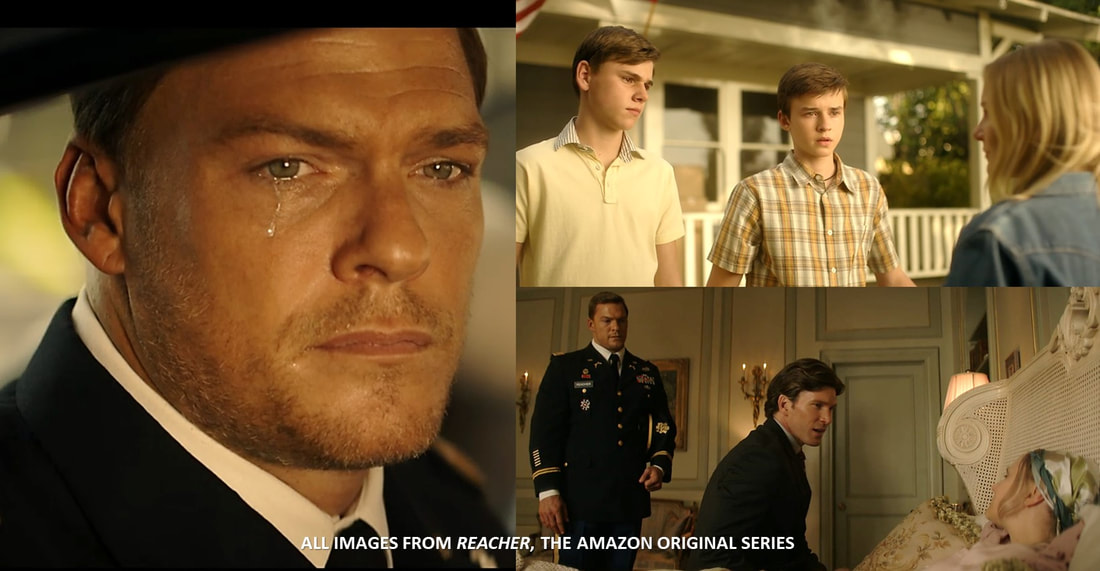
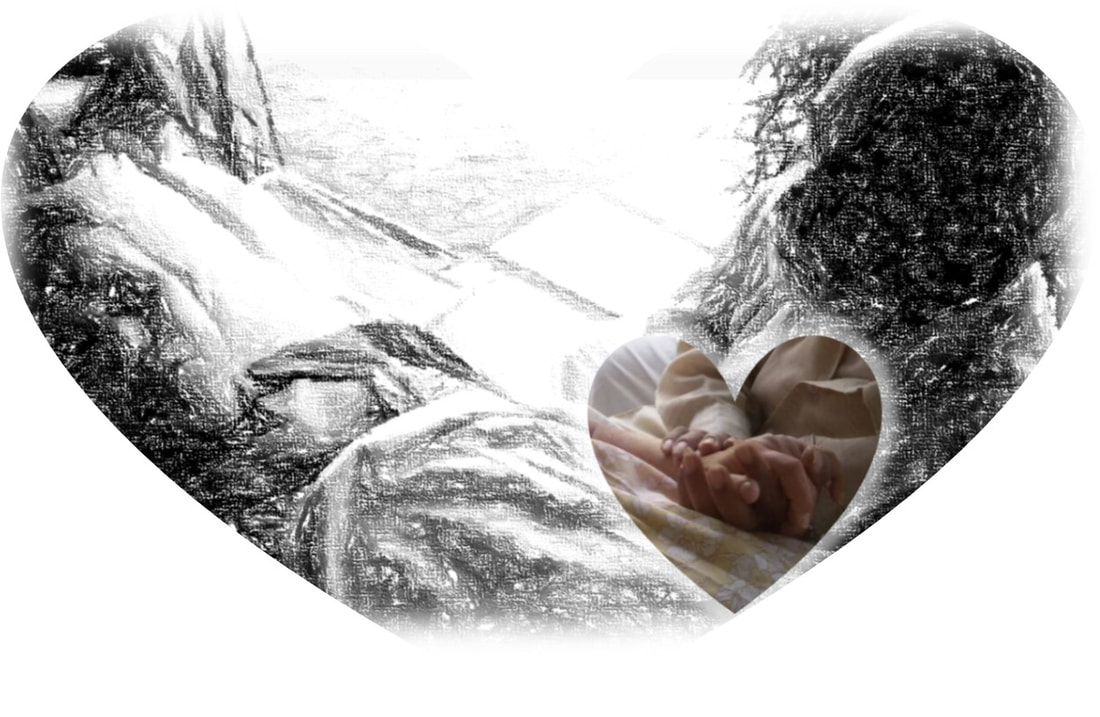
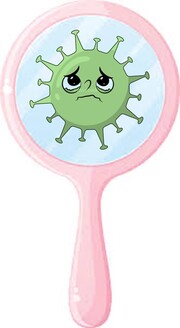


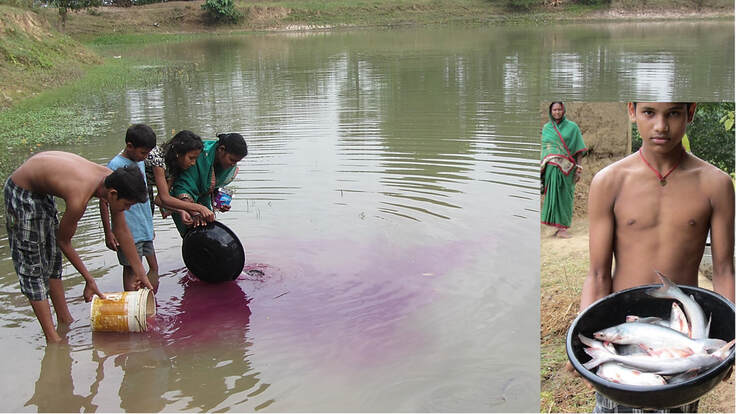
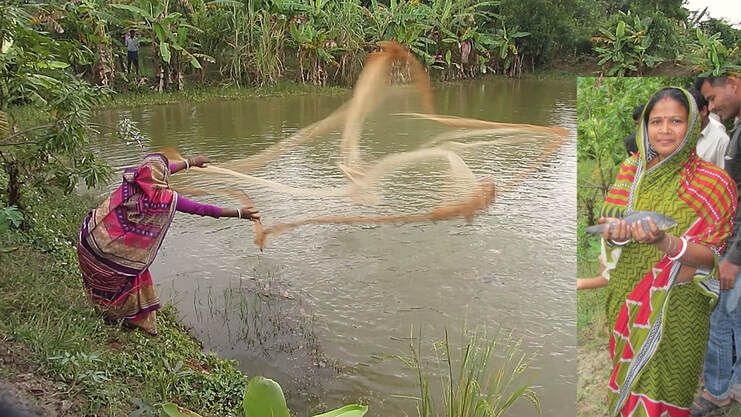
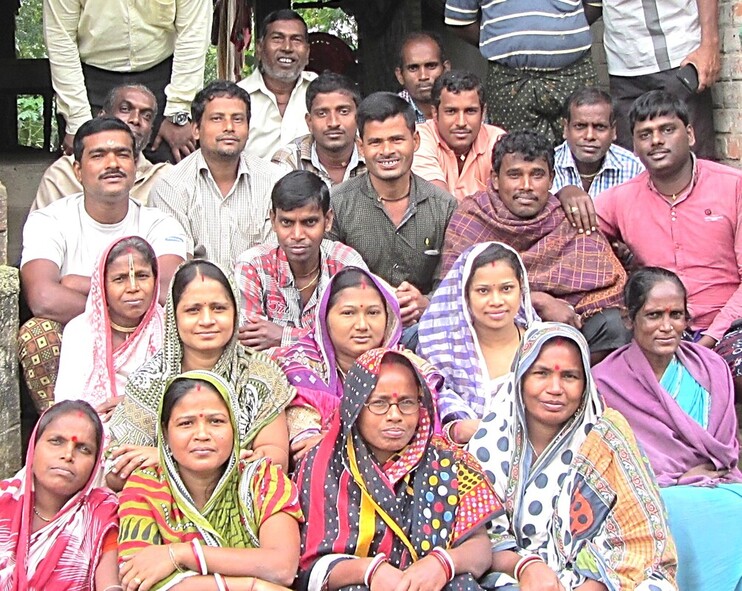
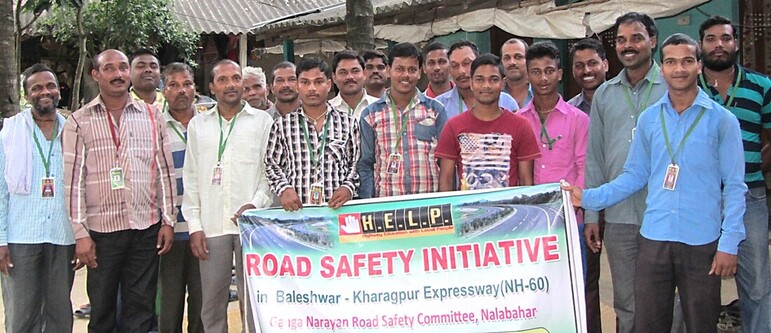
 RSS Feed
RSS Feed

